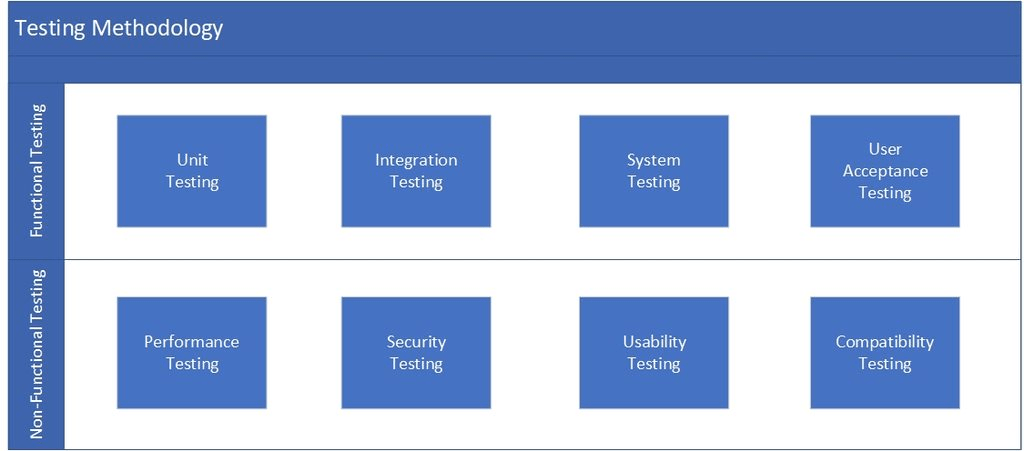Author: Yuran Shrestha
Let’s discuss today about the automated testing fundamentals. Let’s break down the entire topic of automated testing into three smaller sections. The first one will be what exactly is the automated testing with very simple example and secondly why we apply automated testing to our business application and lastly I’m going to go through simple examples as to how to actually implement some automated unit test cases inside our application.
Let’s think of the scenario if there would be something that we could automate in our life. It would make our life easier, it would save lots of our time. Even if you buy an apple with careful manual testing, you might buy some apple that is damage. So, these things happen when you do the manual testing, which is normal when we choose the manual way of testing. We cannot ignore the manual testing and is also equally important but if there is automated testing along with the few manual testing life gets much easy.
Similarly, we can also apply the testing strategy in software development, whatever we are delivering, we must deliver it with less prone to errors.
Then how do we achieve it? Off-course by following Automated Testing.
Automated software testing is important because of the following reasons:
- Manual testing of all the procedures, workflows, all fields, all case scenarios is time and cost consuming.
- You can run the automated test unattended (overnight). Human intervention is not required.
- Automation increases the efficiency of test execution.
- Manual testing can become boring and hence error-prone.
- Automation helps increase test coverage of application features.
- Automation give reliability in results.
- Automation ensures consistency.
- Automation saves Time and Cost.
- Automation Improves accuracy.
- More cycle of execution can be done in demand if automatic testing is built. Following is the diagram that shows the functional and non-functional testing methodologies:

| Role | Responsibility |
| Unit Testing | Developer |
| Integration Testing | Testers |
| System Testing | Testers |
| User Acceptance Testing | Client |
Developer are responsible to provide the unit testing within the application. Testers should be responsible for Integration Testing and System Testing. Client is responsible for User Acceptance testing.
Once the User Acceptance testing is done and if it fulfils the client requirement then it goes for the release. There are also two version of release (Alpha and Beta). Alpha version goes again for testing which will be done in client side with their copy of a live database and if it is successful, the beta release is done.
Again, there are various testing strategies:
- White Box and Black Box Testing
- Functional and Non-Functional Testing
- Static and Dynamic Testing
Unit Testing is under white box testing wherein we test the functionalities of the application. Developer knows about the code, procedures and it is open to the developer so, its white box testing that is done by the developer. In Black box testing, various testers are involved where they do not know about the code but knows about the process flow or functionalities as per the documentation provided to them. Tester will test whether the application is giving appropriate error or not, or the functionalities is working properly or not.
Static testing is done without any code execution. If the organization wants to review the coding standard, then there comes in the static testing. It can be basically technical document reviews or work through reviews. And Dynamic testing comes in when there is code execution.
Now let’s point out which test cases must be automated.
- The module with high risk and various critical scenarios.
- The procedure that are frequently executed
- Test cases that are very difficult and tedious to perform manually.
- Time Consuming test cases
So that’s it for today. I’ve another post that explains about the simple example on how we can build automated testing in business application (for example D365 Business Central).
If you have any questions regarding this feature, call our team on 01296 328689 or drop us an email at info@dogmagroup.co.uk. Our team will be more than pleased to discuss these with you.
